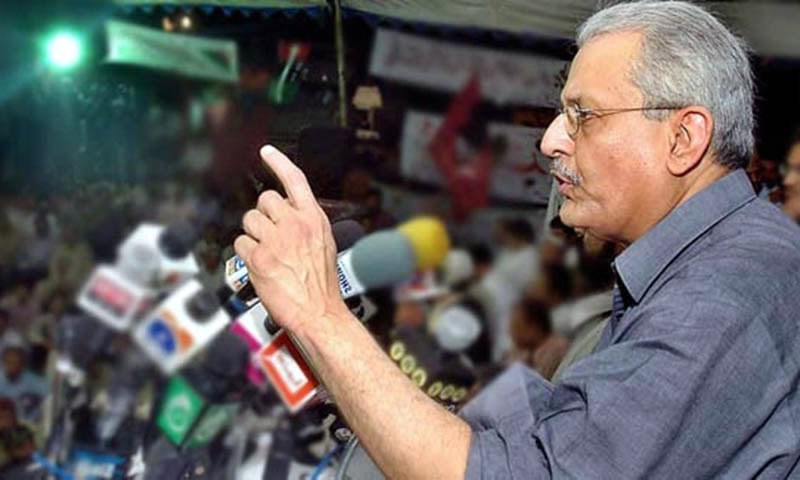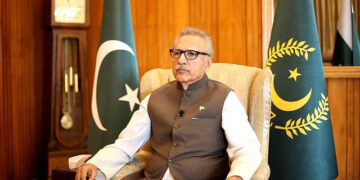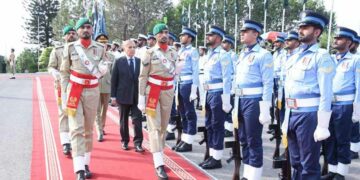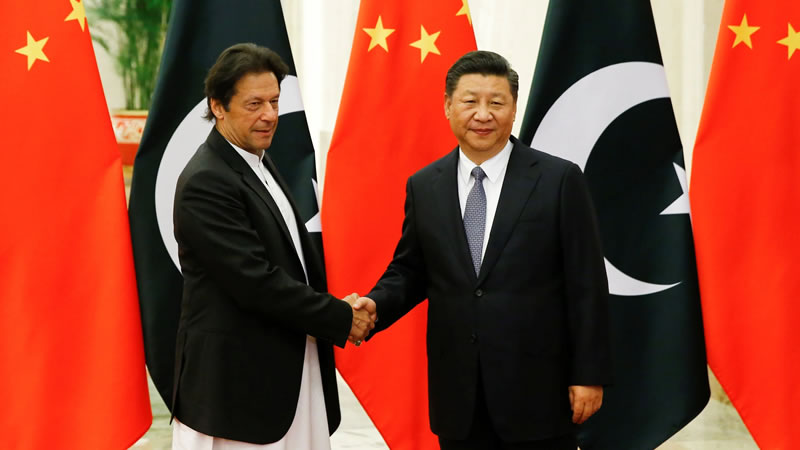Senate Chairman-designate and PPP leader Raza Rabbani on Tuesday vowed to “guard” parliament’s sovereignty and parliamentary traditions after assuming his new responsibilities on Thursday.
[contentblock id=1 img=adsense.png]
Talking to a group of reporters outside Parliament House in his first interaction with media after Prime Minister Nawaz Sharif endorsed his nomination as the new Senate chairman — paving the way for his unopposed election to the covet office — Mr Rabbani expressed the resolve that he would make parliament an “effective” institution.
“I will try to run the Senate in accordance with rules and laws, and will not discriminate while running its business. For me, everyone will be equal in the house,” he added. He said the basic job of parliament was legislation and he would try to ensure that the Senate performed this duty in a better way and for the betterment of the general public. Mr Rabbani thanked Prime Minister Sharif and all other political parties for unanimously supporting him for the office of the Senate chairman, which will fall vacant after incumbent chairman Nayyar Bokhari retires on Wednesday. Mr Rabbani, 61, will be the seventh chairman of the Senate, which came into existence after the passage of the 1973 Constitution. A strong supporter of devolution and decentralisation, the PPP leader is considered to be the main architect of the historic 18th amendment, the Aghaz-i-Huqooq-i-Balochistan Package and the Charter of Democracy, signed between PPP and PML-N in 2006. Later, he headed a parliamentary committee on national security and gave the first-ever unanimously agreed-upon policy guidelines on the subject.
Read More:Opposition names Rabbani for Senate post
[contentblock id=2 img=gcb.png]
As head of the parliamentary committee on constitutional reforms during the PPP government, he played a key role in developing consensus on a number of sensitive issues, such as the renaming of the NWFP to Khyber Pakhtunkhwa and the devolution of subjects such as health and education to the provinces. Mr Rabbani’s father, retired Group Captain Ata Rabbani, had the honour of serving as the first aide de camp to Quaid-i-Azam Mohammad Ali Jinnah. The outspoken Rabbani faced a tough time during the dictatorial rule of Gen Ziaul Haq and was even imprisoned by the military government for speaking out in defence of human rights and his political activism. Between 2005 and 2008, Mr Rabbani created a lot of problems for military ruler Gen Pervez Musharraf as opposition leader in the Senate and openly opposed the regime’s move to make the Legal Framework Order (LFO) a part of the Constitution. He played an active role in the movement for the restoration of the judiciary from 2007 to 2009, following the sacking of then chief justice Iftikhar Mohammad Chaudhry.













